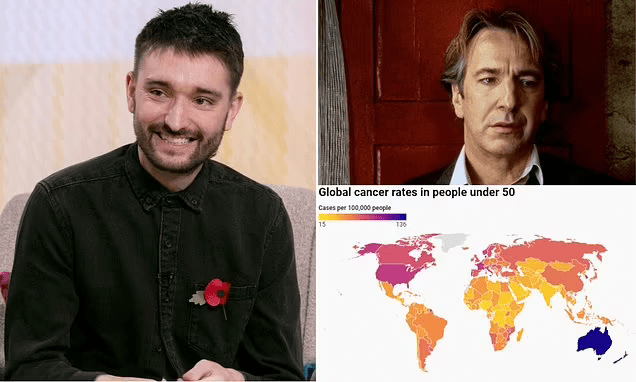More than half of patients diagnosed with the six ‘least survivable’ cancers die within a year in the UK, researchers have revealed.
Researchers found that lung, liver, brain, oesophagus, pancreas, and stomach cancers account for some of the most fatal cancer diagnoses.
Sobering Statistics
The study highlights that 58% of patients diagnosed with one of these cancers in England succumb to the disease within a year. In comparison, about 30% of patients diagnosed with any type of cancer fail to survive past the one-year mark. The situation is even grimmer in Scotland, Northern Ireland, and Wales, where over 60% of deaths occur within the first year of diagnosis.
These six cancers impact over 90,000 people annually in the UK and contribute to nearly half of all cancer-related deaths, according to Cancer Research UK. Early diagnosis remains a key factor, yet only 28% of these cancers are detected in their initial stages, compared to 54% for other types of cancer.
Personal Stories Highlight the Struggle
Late-stage diagnosis often leaves limited options for treatment, as shown by Cheryle Brandon’s story. Diagnosed with stage 4 oesophageal cancer in December 2022, the 52-year-old from Surrey initially dismissed her symptoms as acid reflux. Her condition worsened, leading to difficulties swallowing and chest pain. After extensive chemotherapy and radiotherapy, her tumor became inoperable due to its proximity to her heart. Remarkably, Cheryle’s persistence paid off, and she was eventually declared cancer-free. Now, she uses her platform to raise awareness about the aggressive nature of such cancers.
Prominent figures have also succumbed to these devastating diseases. Actor Alan Rickman, known for his role in Harry Potter, died in 2016 at 69 following a battle with pancreatic cancer. Similarly, actor Patrick Swayze passed away in 2009, 18 months after being diagnosed with the same cancer. The Wanted singer Tom Parker’s life was also tragically cut short by an inoperable brain tumor in 2022.



The Push for Change
Despite their prevalence, these cancers receive significantly less research funding compared to more treatable forms of the disease. The Less Survivable Cancers Taskforce is calling for immediate government intervention to address this disparity. Their recommendations include prioritizing early detection, increasing research funding, and improving treatment pathways.
Anna Jewell, Chair of the Taskforce, emphasized the urgency: “The reality that more than half of people diagnosed with a less survivable cancer will not survive beyond a year is simply unacceptable. National action plans are needed to improve outcomes and give every patient a fighting chance.”
Paulette Hamilton MP echoed these sentiments, announcing the formation of an All Party Parliamentary Group dedicated to these cancers. “The less survivable cancers have been neglected for far too long. It’s time they receive the attention they deserve,” Hamilton stated.
Moving Forward
With advocacy groups and policymakers joining forces, there is hope for improved survival rates and better outcomes for patients facing these aggressive cancers. Raising awareness, enhancing early detection, and ensuring equitable funding could be pivotal in changing the narrative for those affected.

